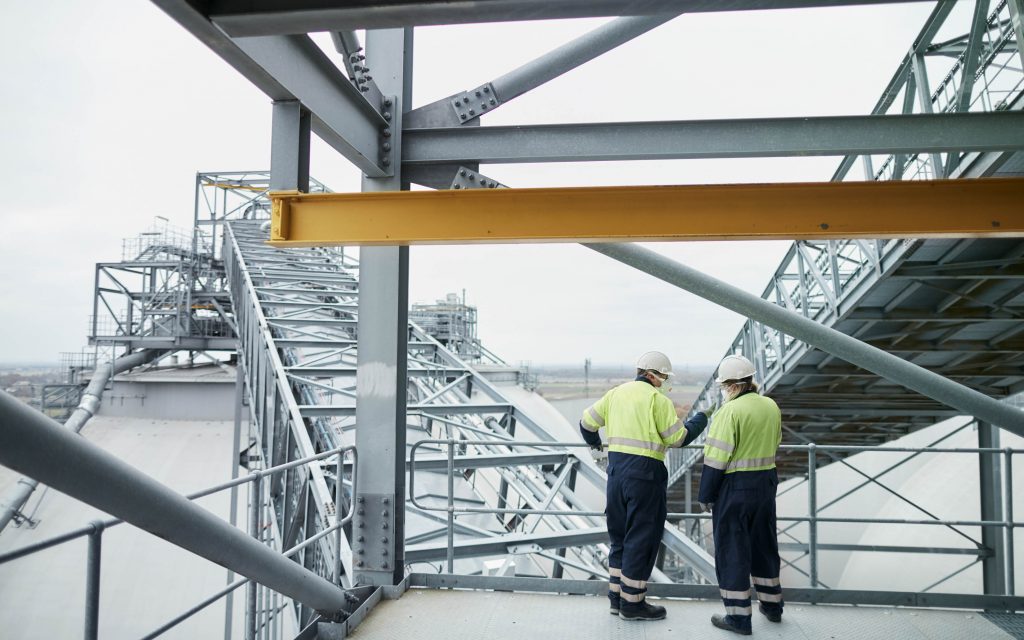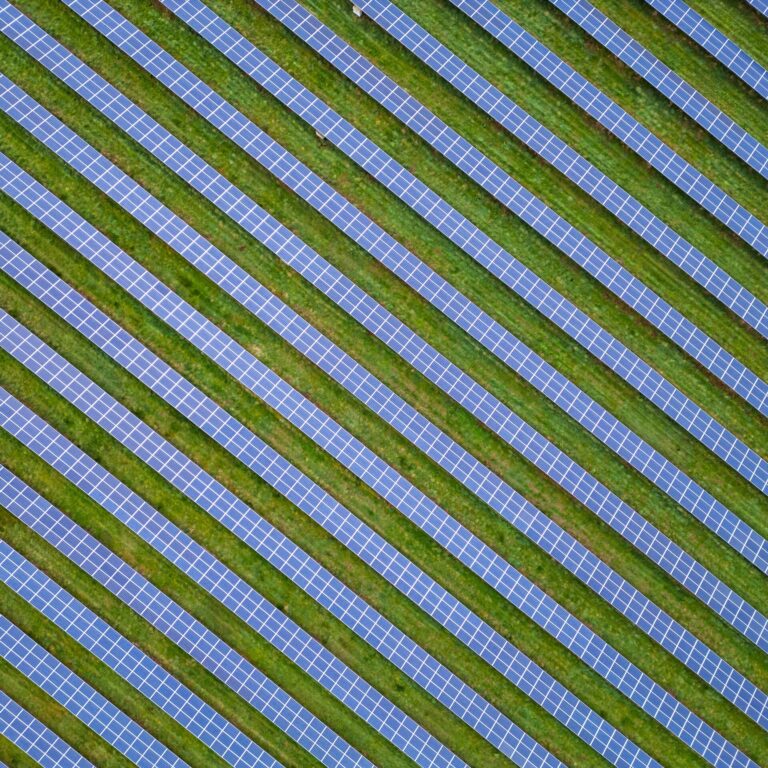- Announcement comes after the Government’s Net Zero Strategy outlined the vital role that BECCS could play in delivering the UK’s decarbonisation ambitions.
- This week Government also selected the Drax-backed ‘East Coast Cluster’ as a priority Carbon Capture, Usage and Storage (CCUS) project.
- Fly-through video of BECCS facility at Drax Power Station released to support public consultation.
Drax is advancing its plans to deliver vital negative emissions technology by beginning a major planning consultation that will seek the views of the public on its proposals to develop Bioenergy with Carbon Capture and Storage (BECCS) at the Drax Power Station Site in North Yorkshire.
The announcement follows the publication of the Government’s Net Zero Strategy which outlined how vital engineered Greenhouse Gas Removal (GGR) technologies, such as BECCS, could be in delivering on the UK’s decarbonisation ambitions. The Strategy also stated that BECCS could achieve ambitious contributions towards the UK’s 2030 climate change target, supported by significant deployment of mature BECCS technology from the late 2020s.
In addition, the announcement follows news that the East Coast Cluster, a collaboration between Zero Carbon Humber, Net Zero Teesside, and the Northern Endurance Partnership, which plans to create the UK’s first net zero industrial cluster, has received government backing. Drax is an anchor project in the East Coast Cluster and the commencement of its planning consultation marks the first major action from a project in the Cluster.
Both the Humber and Teesside account for almost half of the UK’s industrial CO2 emissions and decarbonising these regions will have the biggest impact on the UK’s ability to reach its legally binding net zero target.
Drax’s BECCS technology will permanently remove 8 million tonnes of carbon dioxide from the atmosphere each year, accelerate economic growth for the Yorkshire and Humber region and put the region at the heart of a global green economy. The proposed scheme will also create and support over 10,000 jobs in the Humber and across the UK.
Will Gardiner, Drax Group CEO, said:
“Negative emissions technologies like BECCS will play a vital role in tackling the climate crisis and the start of this consultation marks a significant milestone in our plans to deliver this innovative technology at our power station in Yorkshire.
“The Government’s recently stated ambition for BECCS and backing for the East Coast Cluster further demonstrates the vital role Drax can play in helping the UK reach its ambitious net zero targets, as well as creating and protecting thousands of jobs in this country.”
BECCS at Drax is a “Nationally Significant Infrastructure Project” (NSIP) under the Planning Act 2008 and the company is therefore required to apply for a Development Consent Order (DCO) prior to the installing and operation of the technology.
Through the consultation process communities are invited to share their views on Drax’s proposals. The consultation will run between 1 November and 12 December 2021 and once complete, the findings will be used to finalise Drax’s planning application prior to its submission in 2022. This timeline keeps the company on-track to begin construction of BECCS in 2024, and operation as soon as 2027.
ENDS
Media contact:
Ben Wicks
Media Manager
E: [email protected]
T: 07761 525 662
Notes to Editors
BECCS at Drax planning consultation
- The Consultation will run between 1 November and 12 December 2021
- Information will be available online at BECCS-Drax.com
- A series of virtual and in-person events will also be held during the consultation period where the public will be able to ask questions and find out more information before sharing their views.
- The BECCS fly-through video available here.
Background
- The Humber and Teesside industrial clusters make up 50% of the UK’s industrial emissions, so decarbonising these regions will have the biggest impact on the UK reaching net zero.
- Drax would act as an anchor project for Zero Carbon Humber, protecting and creating tens of thousands of jobs, kickstarting a new green industry for the region.
- The East Coast Cluster is made up of both Zero Carbon Humber and Net Zero Teesside, supported by the Northern Endurance Partnership – a collaboration between bp, Eni, Equinor, National Grid, Shell and Total, with bp leading as operator.
- Drax is ready to invest more than £2bn in two BECCS units at Drax Power Station, with the creation of tens of thousands of jobs.
- BECCS at Drax can permanently remove at least eight million tonnes of CO2 from the atmosphere each year, whilst supporting the creation of a new global industry in the UK, delivering tens of thousands of jobs in a new green economy. This builds on what we have already achieved with sustainable biomass, in transforming a coal fired power station to become Europe’s biggest decarbonisation project.
- As a part of its Net Zero Strategy, published on 19 October, the Government confirmed its ambition to see significant deployment of mature BECCS technologies by 2030.
- Alongside this Strategy, the Government also set out its intention to explore viable commercial frameworks that could support first of a kind power-BECCS.
- Drax Power Station produces 12% of the UK’s renewable electricity, keeping the lights on for millions of homes and businesses.
- Drax has reduced its emissions by more than 90% in the last decade and Drax is now one of Europe’s lowest carbon energy generators.
About Drax
Drax Group’s purpose is to enable a zero carbon, lower cost energy future and in 2019 announced a world-leading ambition to be carbon negative by 2030, using Bioenergy with Carbon Capture and Storage (BECCS) technology.
Its 3,400 employees operate across three principal areas of activity – electricity generation, electricity sales to business customers and compressed wood pellet production and supply to third parties.
For more information visit www.drax.com/uk
Power generation:
Drax owns and operates a portfolio of renewable electricity generation assets in England and Scotland. The assets include the UK’s largest power station, based at Selby, North Yorkshire, which supplies five percent of the country’s electricity needs.
Having converted Drax Power Station to use sustainable biomass instead of coal it has become the UK’s biggest renewable power generator and the largest decarbonisation project in Europe. It is also where Drax is piloting the groundbreaking negative emissions technology BECCS within its CCUS (Carbon Capture Utilisation and Storage) Incubation Area.
Its pumped storage, hydro and energy from waste assets in Scotland include Cruachan Power Station – a flexible pumped storage facility within the hollowed-out mountain Ben Cruachan.
Pellet production and supply:
Drax owns and has interests in 17 pellet mills in the US South and Western Canada which have the capacity to manufacture 4.9 million tonnes of compressed wood pellets (biomass) a year. The pellets are produced using materials sourced from sustainably managed working forests and are supplied to third party customers in Europe and Asia for the generation of renewable power.
Drax’s pellet mills supply around 30% of the biomass used at its own power station in North Yorkshire, England to generate flexible, renewable power for the UK’s homes and businesses.
Customers:
Drax is the largest supplier of renewable electricity to UK businesses, supplying 100% renewable electricity as standard to more than 370,000 sites through Drax and Opus Energy.
It offers a range of energy-related services including energy optimisation, as well as electric vehicle strategy and management.
To find out more go to the website www.energy.drax.com










